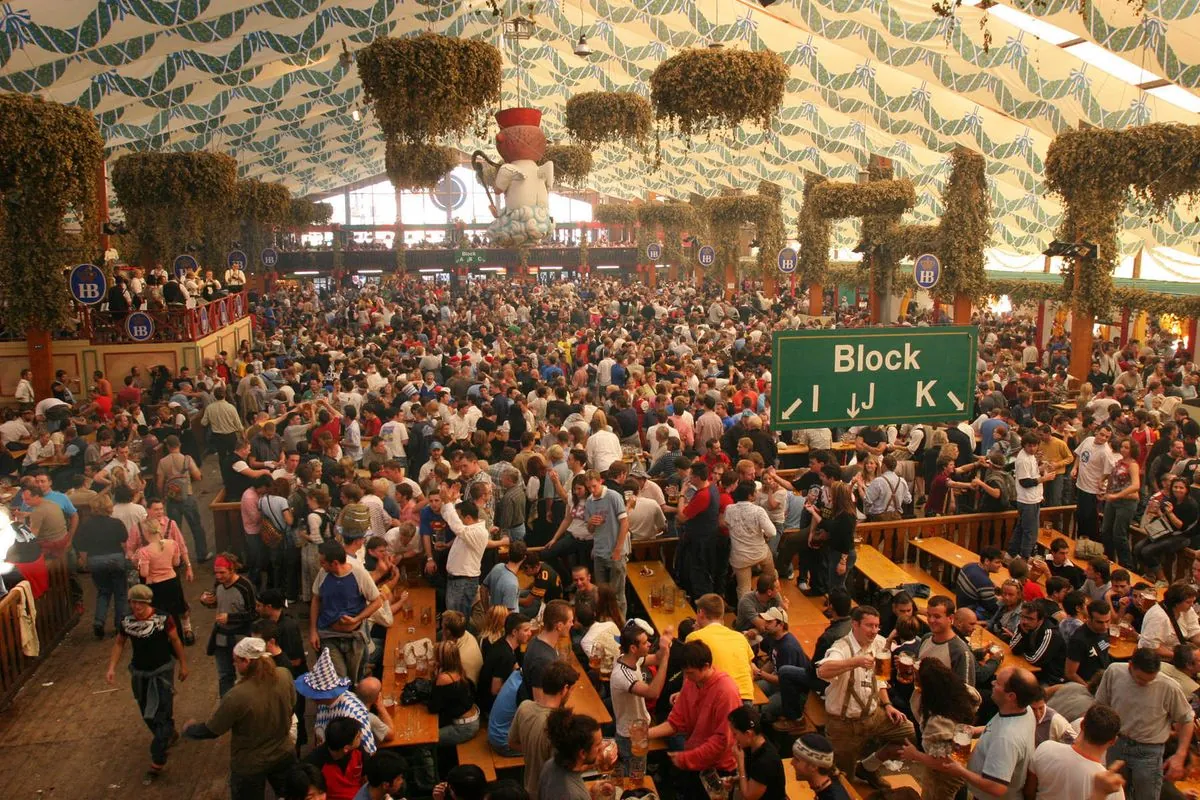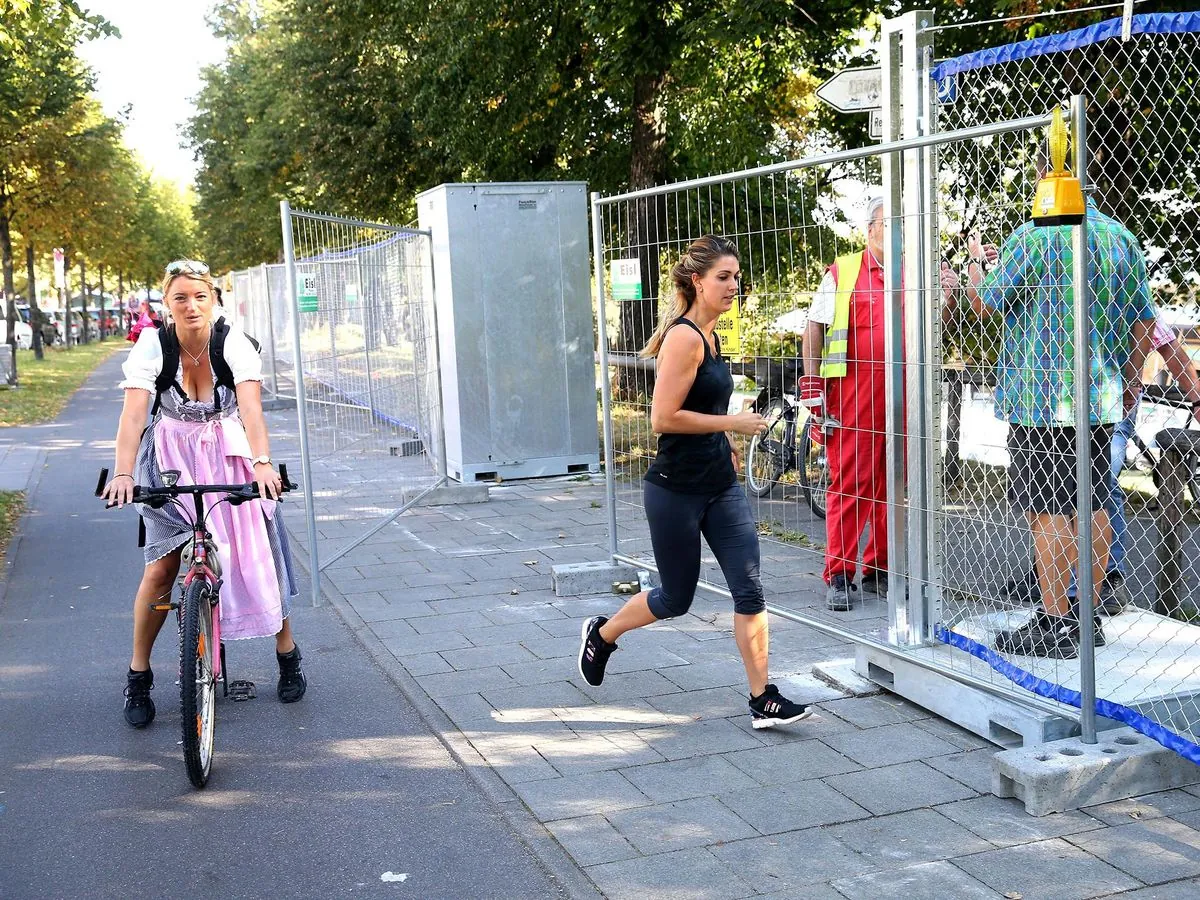Oktoberfest 2024: Enhanced Security Measures Amid Recent Concerns
Oktoberfest 2024 implements stricter security, including metal detectors, following recent incidents in Germany. Officials assure safety for millions of attendees at the world-renowned Bavarian festival.

As Oktoberfest 2024 approaches, organizers have announced enhanced security measures for the world-renowned Bavarian festival. The event, scheduled to run from September 21 to October 6, 2024, is implementing these changes in response to recent incidents in Germany.
For the first time in its 213-year history, Oktoberfest will employ metal detectors at entry points. This decision comes in the wake of a violent incident in Solingen on August 23, 2024, which resulted in multiple casualties. While authorities stress there are no specific threats to the festival, the new measures aim to ensure the safety of the expected 6 million attendees.
Dieter Reiter, Munich's mayor, addressed the security upgrades: "We have had to respond to the increase in knife-related incidents in recent times. Our goal is to prevent any dangerous items from entering the festival grounds."
The enhanced security protocol includes:
- Deployment of 600 police officers
- 2,000 security staff members
- Over 50 surveillance cameras
- Fencing around the festival perimeter
- Prohibition of knives, glass bottles, and backpacks

These measures build upon previous security enhancements implemented 8 years ago following a series of attacks, including a shooting incident at a Munich mall.
Peter Neumann, a security studies professor at King's College London, commented on the challenges of securing such a large-scale event: "Oktoberfest is an iconic event, making it a potential target. However, managing security for millions of attendees, many of whom will be consuming alcohol, presents unique difficulties."
Despite these challenges, Clemens Baumgärtner, the festival's organizer, assured that Oktoberfest would be "possibly the safest place in Germany" during its 16-day run.
Oktoberfest, which originated in 1810 as a royal wedding celebration, has grown into a global phenomenon. The festival grounds, known as "Theresienwiese," span approximately 85 acres and feature traditional Bavarian food, music, and carnival rides alongside its famous beer tents.
The event's economic impact is significant, generating over 1 billion euros annually for Munich and employing around 13,000 people directly and indirectly. Despite its focus on beer, with about 7.7 million liters consumed each year, Oktoberfest maintains strict standards. Only beer brewed within Munich city limits and adhering to the Reinheitsgebot (German Beer Purity Law) of 1516 can be served.
As visitors from over 70 countries prepare to don traditional lederhosen and dirndl dresses, organizers are confident that the new security measures will ensure a safe and enjoyable experience for all attendees at this year's Oktoberfest.
"We will do everything we can to ensure that nobody comes to Oktoberfest with a knife or other dangerous weapons."


































